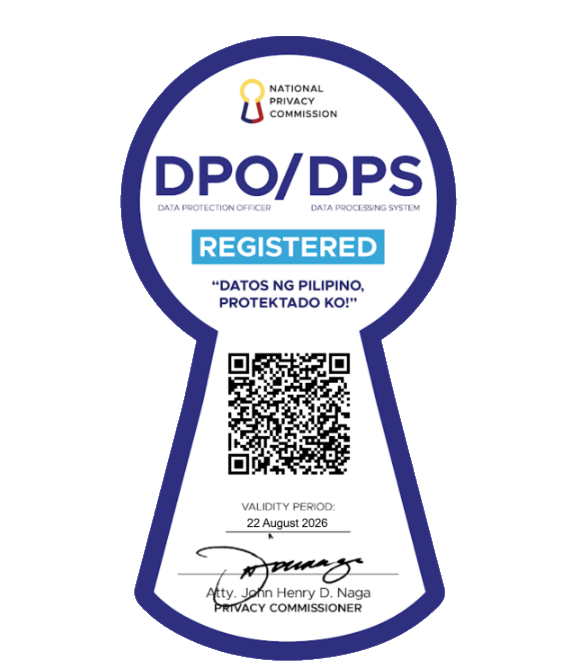ATR earns Scopus indexing as VSU’s first internationally-recognized journal
- Details
- Written by Elmera Y. Bañoc
-
Published: 16 September 2025

The Annals of Tropical Research (ATR), one of the scientific journals of Visayas State University (VSU) has officially been indexed in Scopus, one of the most trusted global databases for peer-reviewed literature.
This marks a historic first for VSU, as ATR becomes the university’s first journal to secure a place in Scopus, placing the institution on the global map of academic publishing.
ATR is an open access, double-blind peer-reviewed journal that publishes research in agriculture, ecology, natural resource management, animal health, biomedicine, and health sciences. With this inclusion, ATR will gain wider visibility and accessibility to researchers worldwide and expand its reach.
Reviewers from Scopus noted the clear improvements ATR has achieved since its last evaluation. These include the consistent citation of its articles in Scopus-listed journals, the clear presentation of acceptance dates, and a sharper emphasis on its regional-tropical-focus.
A dual achievement in 2025
This Scopus milestone follows ATR’s earlier inclusion in the Directory of Open Access Journals (DOAJ) on January 9, 2025. Together, these achievements signal the resurgence of ATR as a credible and trusted journal that meets global publishing standards.
For VSU, this development elevates the institution's standing in international research circles. For its faculty, researchers, and students, ATR’s indexing opens new opportunities for their studies to gain recognition, be cited, and make a broader impact.
According to Scopus, the onboarding process after receiving the acceptance letter follows a specific timeline.
About four weeks after acceptance, the journal is added to the list of accepted titles and the publishing relations manager reaches out for formalities such as identifying the official signer and providing content delivery details. By the sixth week, the permission-to-index form is sent for signing.
Finally, around 12 weeks after acceptance, ATR will officially appear in Scopus searches, making its content accessible on Scopus.com and visible in global research results.
This achievement is also a milestone made possible by the tireless work of ATR’s past and present editors, reviewers, and contributors who have consistently raised the quality of the journal over the years.
The full support of the current VSU administration further strengthened this endeavor and provided the guidance and institutional backing needed to meet the rigorous standards of Scopus.
University President Dr. Prose Ivy G. Yepes thanked the Office of the Vice President for Research, Extension and Innovation (OVPREI), and the ATR Team.
“Acceptance to Scopus is an uphill climb, that’s why we are extremely grateful. Indeed, we have an amazing Lord and an awesome team,” President Yepes said.
As ATR enters this new chapter, it stands as a stronger channel for tropical research that speaks not only to regional challenges but also to issues of global concern. Through Scopus indexing, the journal will now reach farther and enrich the scientific community at large.
This article is aligned with the Sustainable Development Goal (SDG) 4: Quality Education and SDG 9: Industry, Innovation, and Infrastructure.


